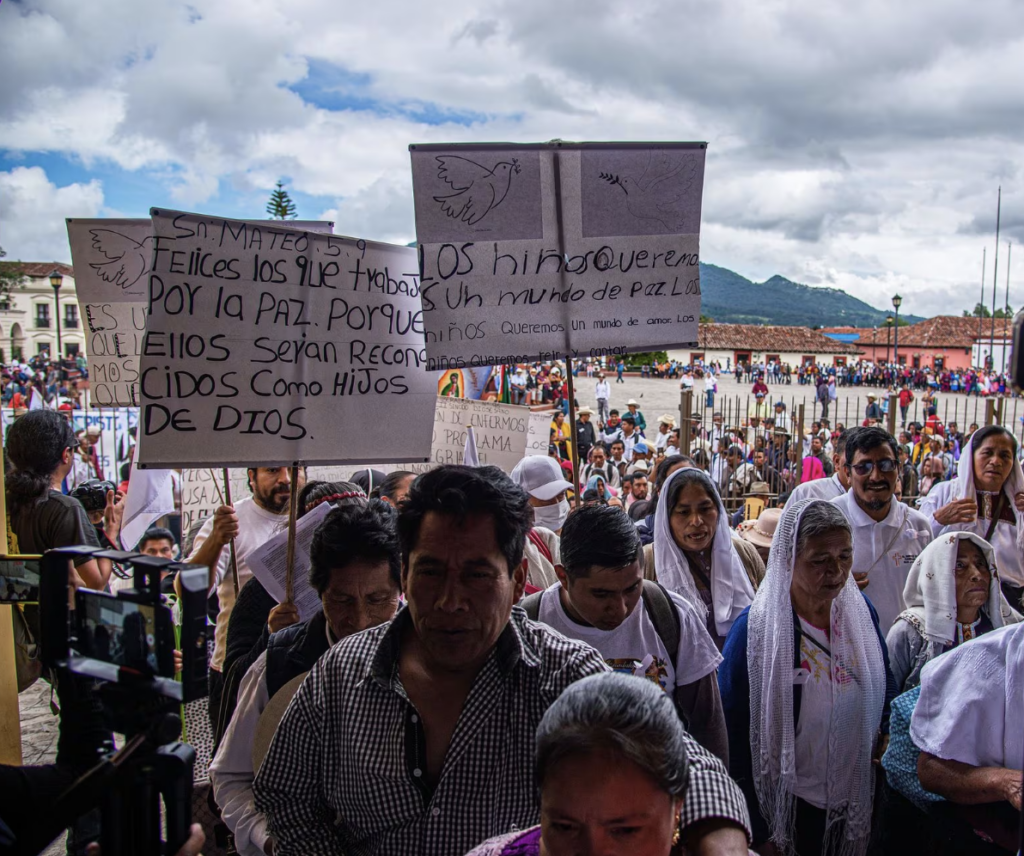
06/06/12 – Recent figures published by the Public Prosecutor’s Office (Ministerio Público, MP) and the National System of Public Security (Sistema Nacional de Seguridad Pública, SNSP) in Mexico show that over 88,361 homicides have occurred during the past six years during President Felipe Calderón’s term. Reforma newspaper places over 50,000 of these homicides as directly related to drug violence through December 2011, killings that are also known as ejecuciones. Factoring in extortion and kidnapping figures with these homicide counts, official statistics total a staggering 120,692 individuals affected by at least one of the three public security issues (homicides, extortion, kidnapping) over the past sexenio (six-year presidential term). According to Gloria Leticia Díaz of Proceso, however, official statistics from Mexico’s National Institute of Statistics and Geography (Intituto Nacional de Estadistica y Geografia, INEGI) suggest that up to 366,478 individuals have been directly affected by these public security issues since Calderon’s election in 2006, three times higher than the MP, SNSP, and Reforma data.
Regardless of the exact count, official numbers such as these have sparked harsh criticism of the Calderón administration’s public security policies as Mexico’s presidential election season reaches a climax in its final month. “If you stick to official figures, we can speak of a failure of the public security policy of this [Calderon’s] administration,” says Proceso contact Alba Leticia Ramírez, the head of the Index of Visible and Invisible Victims (Indice de Victimas Visible e Invisibles, IVVI) felony rate published in August 2011 by Mexico.
Such criticisms would suggest that they are reflective of faltering public support and political unwillingness to continue President Calderón’s contentious “drug war” in the coming presidential term. According to a 2012 poll conducted jointly by the Center for Strategic and International Studies and Woodrow Wilson International Center for Scholars, the majority of Mexican citizens “perceive the current ‘drug war’ strategy to be a losing battle.” Yet other polls show that the majority of Mexicans nevertheless support the use of the military in some public security role, as exemplified in a study reported on by El Universal and Dallas Morning News that was published in May. The report showed that 64% of Mexicans approve of the use of the military not only in being involved, but more specifically leading the fight against drug trafficking and drug-related violence. This distinction thus shows, as James Bosworth wrote in a Christian Science Monitor article, that “The majority of the Mexican population isn’t angry that Calderón is using the military to fight organized crime. They’re angry that he’s done such a lousy job of it.”
Considering this political fallout perhaps resulting from the staggering violence witnessed over the past six years, the current presidential candidate frontrunner, Enrique Peña Nieto of the Institutional Revolutionary Party (Partido Revolucionario Institucional, PRI), has distanced himself from the current ruling National Action Party’s (Partido Acción Nacional, PAN) security policies; the same may be said of the candidate from the Party of the Democratic Revolution (Partido de la Revolución Democrática, PRD), Andrés Manuel López Obrador. However, it is widely expected that the militarization of the drug war will continue if PAN candidate Josefina Vásquez Mota is elected. The elections will be held July 1.
Sources:
Corrales, Manuel. “The Future of Mexico’s Drug War Strategy.” The Cutting Edge News. May 12, 2012.
“Ofrece EPN dialogar con ‘perdedores’ si gana elección.” El Universal. June 5, 2012.





Pingback: U.S. Senate Questions Efficacy of Mexican Reliance on Armed Forces in Drug War « Justice in Mexico